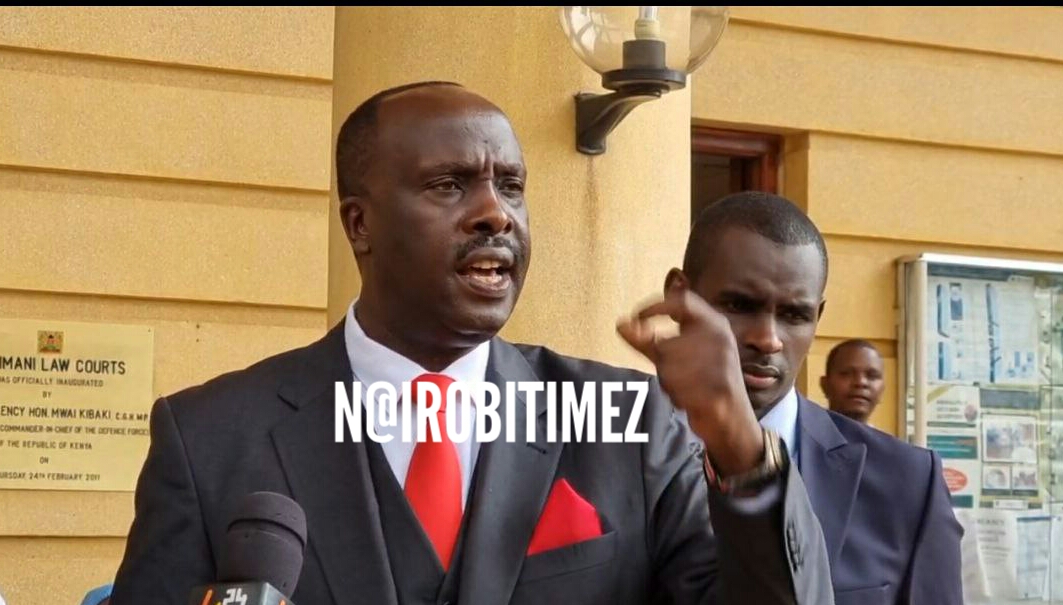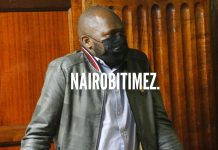
BY IRENE ONYANGO.
An activist has moved to court to challenge guidelines issued by the Director of Public Prosecution Noordin Haji on cooperation and collaboration in the investigation and prosecution of terrorism and terrorism financing.
Memba Ocharo says the guidelines were allegedly developed with a technical committee composed of the relevant criminal Justice system actors; yet the same was done by DPP arbitrarily without involving key players in the criminal justice system.
He says in a petition that the said guidelines among other irregular provisions state that the Anti-Terrorism Police Unit (ATPU) should notify DPP before making any arrests.
The guidelines, he added, state that ATPU should also inform DPP when planning to apply for search warrants or detention orders against suspects.
Through lawyer Danstan Omari, the activist claims that the guidelines are discriminative in nature as they apply to only the crime of terror and not any other serious crimes.
He wants the court to suspend the implementation of said guidelines pending the hearing and determination of his case saying DPP can only direct the Inspector General of Police to investigate.
“The said power does not extend to him receiving reports and permitting the charging of criminals,” he says in court documents.
He wants the court to suspend the implementation of the inter agency guidelines on cooperation and collaboration in the investigation and prosecution of terrorism and terrorism financing, arguing that it is unconstitutional.
The activist further wants the court to stop DPP from interfering with the discharge of mandate of the National Police Service, Directorate of Criminal Investigations, Anti-Terror Police Unit and the National Security Council.
Ocharo argues the guidelines have also chartered pre-arrest conferences that are seemingly meant to buy time in favor of those on the wrong side of the law and circumvent timely justice.
“DPP is making unilateral decisions, excluding other key criminal justice players as though he is mandated to oversee other criminal justice players,” he argues.
Ocharo argues that none of the investigative agencies recognized and mandated by the laws of the republic of Kenya were invited to the said meeting and as such their non-attendance was apparent.
“The ATPU are strangers to the alleged Technical Committee; neither did they attend the said meeting in which the stated guidelines emanated,” he argues.
Justice Hedwig Ong’udi directed the petition to be served to the respondents within 10 days and the matter to be mentioned on May 23 for further directions.






